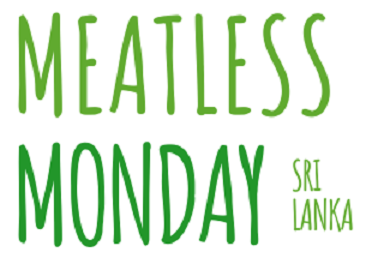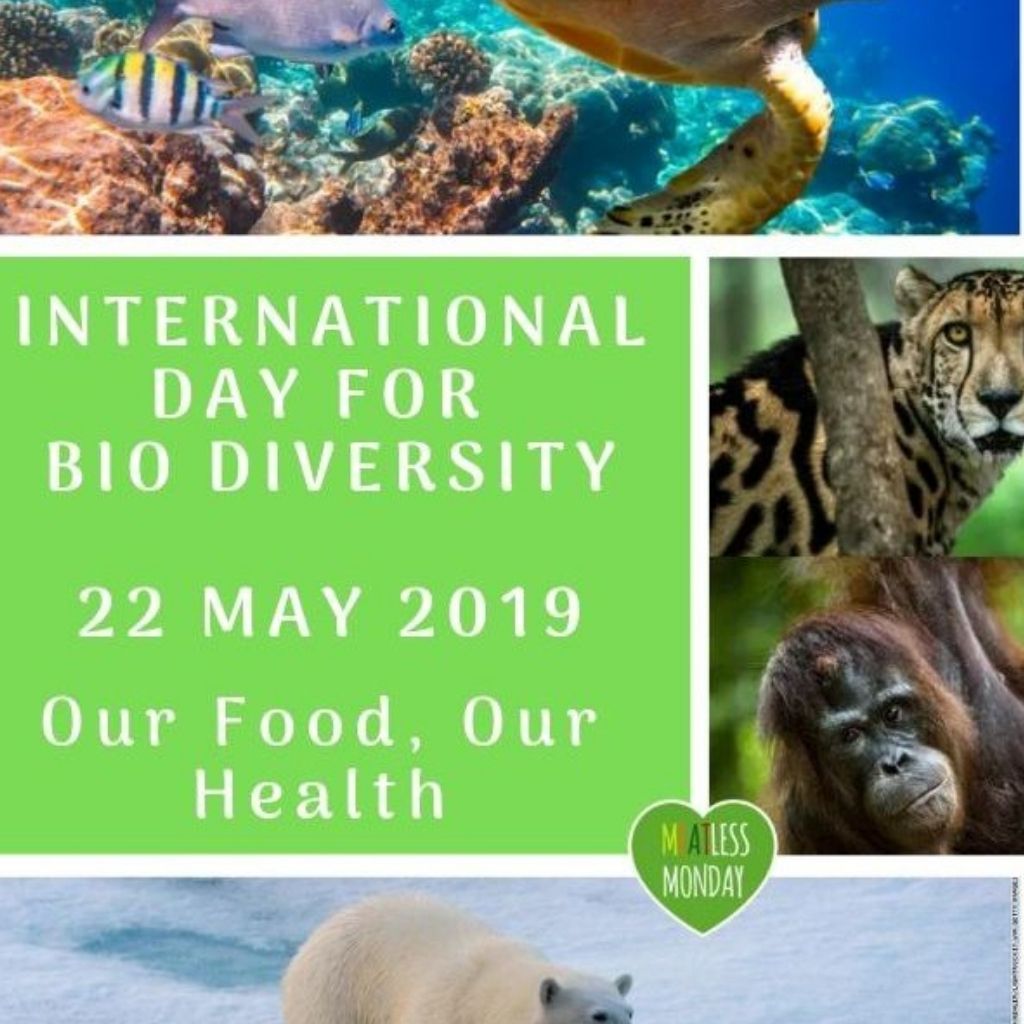Reconciliation or as most of us call it “Sanhidiyawa” has been a hot topic for us in Sri Lanka lately. But not only us, most countries value the idea of reconciliation and are working towards building a safer environment where all ethnic groups and religions are equally respected. But, this is between our own kind, the human kind. We give less thought when it comes to co-existence with other species and nature. We often forget how all things are connected in this ecosystem and how our actions could cause ripples across the whole system.
Today, the 22nd of May is the International Day for Biological Diversity and this year’s theme is “Our Food, Our Health”. Food and Health are pressing issues in the world today as 422 million people suffer from diabetes as of 2014 and 17.9 million people die each year due to cardiovascular diseases according to statistics produced by the World Health Organization. Let’s talk how all of this is connected.
Biodiversity is one of nature’s most precious gifts to the mankind and as such to protect it is also up to the mankind. The air we breath, the water we drink and the food we eat are all dependent and an integral part of biodiversity. Biodiversity is a vital part for our survival and today, it’s in crisis before us.
Our food; how it affects the biodiversity
Among our most destructive actions such as coal power plants, transportation etc., animal agriculture and industrial fishing are the top most causes of climate change and species extinction. As per cowspiracy facts, livestock and their byproducts account for at least 32,000 million tons of carbon dioxide (CO2) per year, or 51% of total worldwide greenhouse gas emissions. It is also one of the biggest reasons for deforestation of rainforests.
How cattle ranchers are chewing up the Amazon rainforest. Courtesy: Greenpeace / Daniel Beltrá
Livestock and livestock feed covers ⅓ of earth’s ice freeland. These destructions to the ecosystem result in rising temperature levels causing the arctics to melt. Cattle manure that is released to the oceans is one of the most significant causes for ocean dead zones. Each year, It is estimated that 335 million tons of manure (measured in dry weight) is produced by livestock in the United States alone sea water to mix with an enormous quantity of nutrients, such as phosphorus and nitrogen. This process, referred to as eutrophication causes the oxygen levels in the area to drop which is bad news to all living things a body of water.
To make things even worse, the coral reefs around the world are dying due to overfishing and rising temperatures in the sea. Half of the Great Barrier Reef which is home to to more than 1,500 species of fish, 411 types of hard coral, one-third of the world’s soft corals, 134 species of sharks and rays, six of the world’s seven species of threatened marine turtles and, more than 30 species of marine mammals, is already dead.
Great barrier reef in March 2016 and May 2016. Credits: XL Catlin Seaview Survey
Each species in the world is affected by climate change which results in uprising temperatures and sea levels, irregular rainfalls and many of such species listed as endangered or going extinct. These include bumblebees, whales, Asian elephants, Giraffes, insects, oceanic bird species, sharks, coral reefs, monarch butterflies,great apes, polar bears, pacific walrus, and seals that rely on arctic sea ice.
Our health
Biodiversity plays a vital role in our daily lives although it is not so apparent. Our health relies heavily on the very ecosystem that’s being destroyed by us. Humans need fresh water, food and fuel sources as requisites for its survival. Our actions that cause destructions to the biodiversity or more specifically to its ecosystem services have significant impacts on our health. The air we breathe are becoming polluted due to high emissions of greenhouse gases and other sources of CO2 to the atmosphere. Cattle manure disposed by animal agriculture, tons of plastic disposals, mercury and other chemicals being released to the seas are eradicating the coral reefs and expanding ocean dead zones. The plastics we dump into the ocean turn into microplastics over time is consumed by the fish and ultimately ends up in our own bodies. Some fish are considered to have high levels of Mercury in them and doctors around the world pregnant mothers to refrain from eating them minimize the impact on the unborn child. These actions have impacts on all of us in ways we cannot imagine.
Furthermore, in comparison, our meals have now become less diverse. They contain more animal products and less plants. These meat based products we produce, by compromising large amounts of crops, water and land is destroying our own health. One such example is the processed meat that is categorized by WHO as a group 1 carcinogen which is within the same category of tobacco, while red meat is categorized as a group 2a carcinogen. But, we are even more than happy to share such products with our children. Animal based food with high amounts of fat content are also the prominent cause behind type 2 diabetes and cardiovascular diseases.
Therefore, it’s now time to re-think if all of this Destroying the rainforests, releasing CO2 to the atmosphere, wasting gallons of water to produce animal feed that goes into producing meat to satisfy the demands of only one part of the population while 815 million people are suffering from chronic undernourishment, destroying the marine life are all ecosystem disruptive actions. It’s time we find our roots to reconcile with the ecosystem which indules, forests, deserts, oceans and all types of species.

